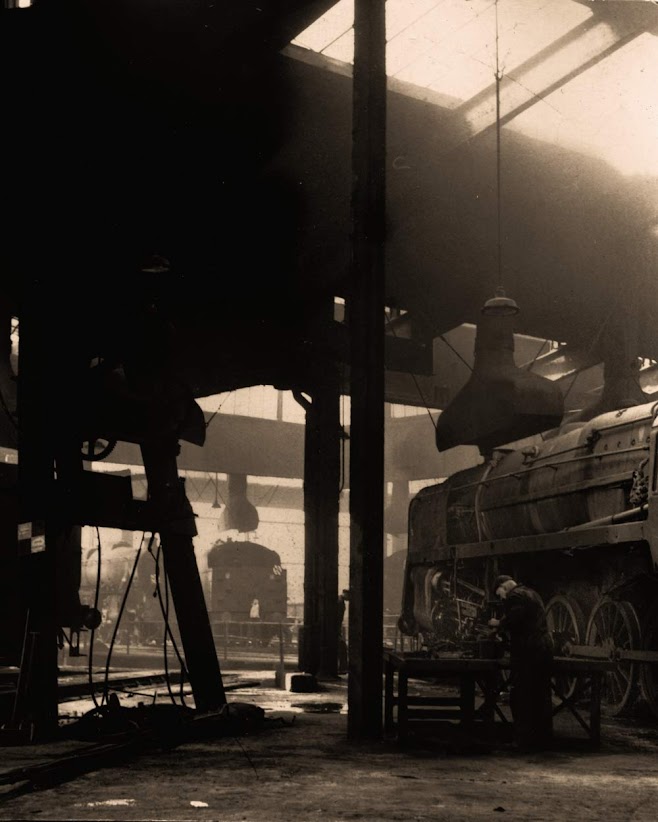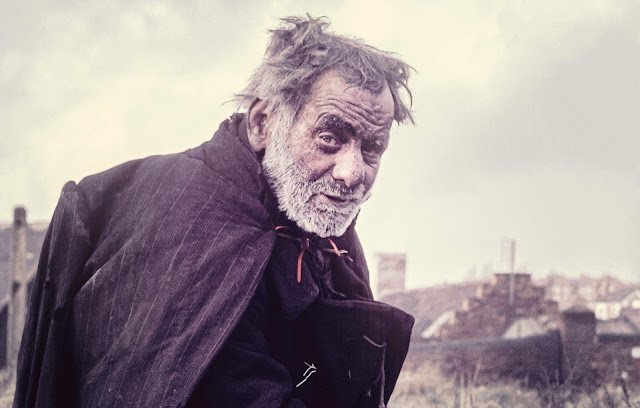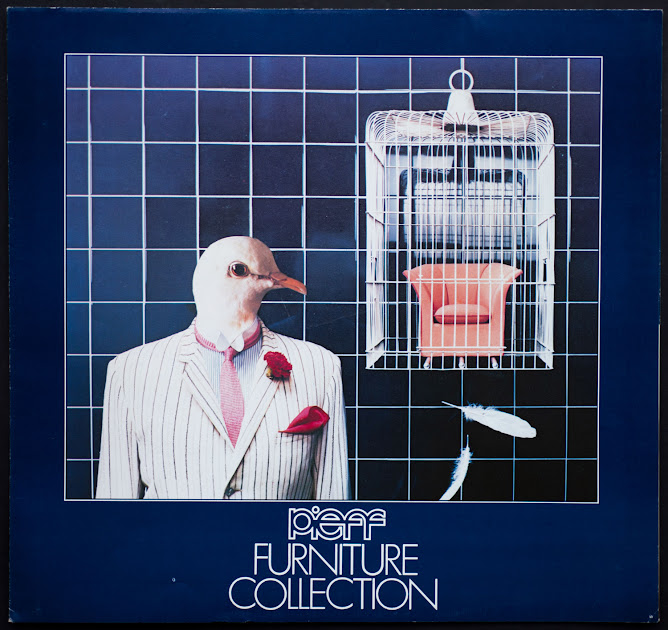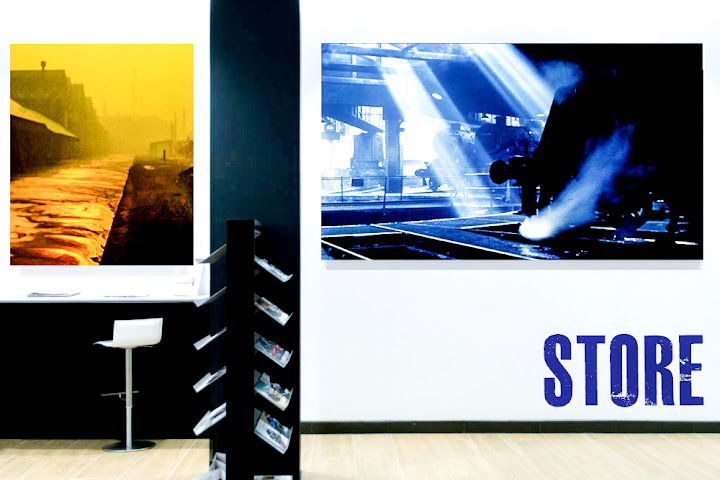Susy Wall and 'Black Lights': Shining a Spotlight on the Soul of the Black Country
A Musical Celebration of Black Country Creativity, Character and Community.
We're proud at backcountrynostalgia.com to have a shot from Peter Donnellys archive included in the amazing album artwork.
Now, one of the region’s most passionate voices, Susy Wall, shines a new light on that legacy with her new album Black Lights—a heartfelt celebration of the creativity, landscape and people that make this region so extraordinary.
The Black Country has always been a land of grit and grace—shaped by fire, forged in steel, and softened by stories.A Historic Venue for a Historic Sound
On the night, Susy Wall was joined on stage by fellow musicians Matt Sayers, Russ Sargeant, and Simon Riley. Also moving performances from local poets John Homer, Claire Tedstone, and Martin Kennedy Yates adding to an already deeply rooted experience.
There were Heartfelt nods to the visual artists and photographers whose work inspired many of the album’s tracks, making this more than a concert—it’s a multisensory tribute to Black Country creativity in all its forms.
Black Lights: Songs Rooted in Story and Soil
More than just an album, Black Lights is a tribute to the unsung artistry of the Black Country. Through carefully crafted songs, Susy pays homage to local poets, painters, photographers, and the everyday characters who breathe life into Dudley, Cradley Heath, Stourbridge, Tipton and beyond.
https://susywall.bandcamp.com/
Inspired by real people and places, the album captures the rhythm of the Black Country dialect, the weight of its industrial past, and the brightness of its cultural spirit. From
echoes of factory floors to snippets of poetry and personal memory,
each track reflects a region often overlooked for its creative
value—until now.
 |
| Clapping and smiling. The mood is joyful and warm. The setting is a cozy room with brick walls. |
https://www.amazon.co.uk/Were-Yesterday-Birmingham-Photographs-Remembered/dp/1704391431

















Comments
Post a Comment